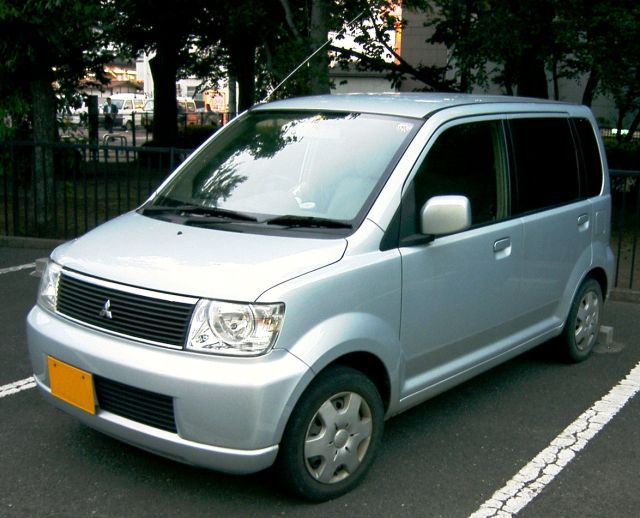
We've written extensively about Volkswagen Group and its attempt to pull a fast one with regard to diesel emissions here in the US and elsewhere. But VW isn't the only car maker to play fast and loose with regulators when it comes to emissions. VW's diesel scandal has resulted in increased scrutiny abroad; French authorities raided Renault in January and PSA Peugeot Citroen in April as part of ongoing investigations into diesel emissions. But the most breathtaking example must belong to Mitsubishi.
On April 21, we learned that the Japanese car maker had been falsifying fuel economy tests in its home market. This came to light after Nissan (which rebadges some Mitsubishi cars) discovered the engines couldn't match Mitsubishi's numbers. That alone would have been bad enough—indeed, it wiped out a third of Mitsubishi's share price—but it seems it was just the tip of the iceberg.
On Tuesday, Mitsubishi revealed it had been using the wrong fuel economy tests for "Kei" cars—small 0.6L cars made just for the Japanese domestic market—since 1991. More than 600,000 affected cars have been sold in Japan during that time.
It's a heavy blow for the Japanese OEM, which many consider to be on life support here in the US. However, no US vehicles should be affected and no US regulations broken.
reader comments
186